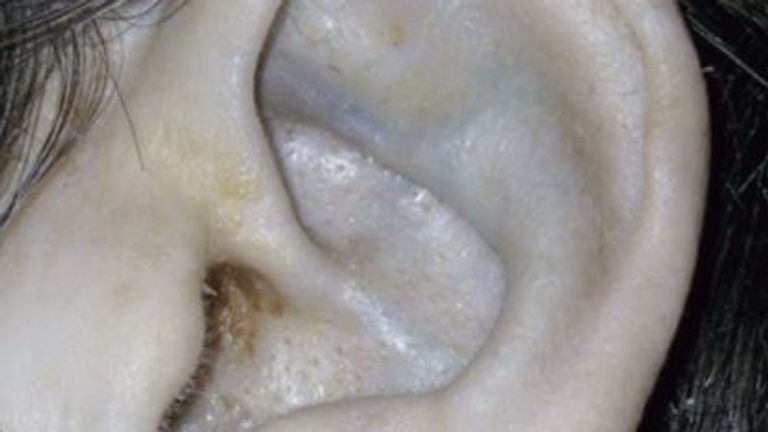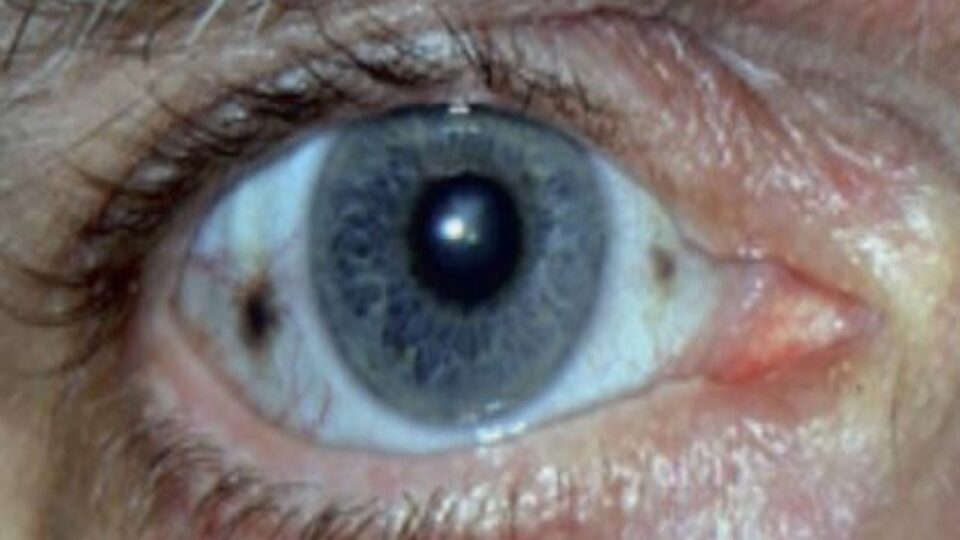A drug initially used in weedkiller now has a future as something that will help prevent thousands of people suffering from AKU
This year the scientific world has been focused on finding the vaccine that could end a global pandemic.
But the hunt to find ways of defeating other diseases has still been going on, albeit out of the spotlight.
Like the scientists at Liverpool University, who are celebrating the final approval that has been granted for a drug that treats a rare genetic condition that leads to severe joint pain, and in some cases, even death.
Alkaptonuria, or AKU, is sometimes known as “black bone disease”.
Caused by the lack of a genetic code that prevents the build-up of homogentisic acid (HGA), AKU creates dark spots in the eyes, as well as the curious symptom of the patient’s ears turning blue.
“The molecule was first developed as a weedkiller,” explains Professor Jim Gallagher at Liverpool University.
“It was during the safety tests on the drug that it was shown to have effects on part of the body’s metabolism.
“So 15 years ago we began to investigate AKU here in Liverpool, and we began to try to repurpose this molecule, nitisinone, to arrest the progress of the disease.”
Julien Sireau was diagnosed with AKU 20 years ago.
His brother Daniel got the same diagnosis three years later.
Since then their father, Nick, has dedicated his life to campaigning and fundraising to help find a cure.

Following on from work done by AKU patient Robert Gregory, now sadly no longer with us, Nick helped secure the millions of pounds of EU funding that allowed the research to continue.
“It’s incredibly difficult to get a treatment through the necessary tests and approvals,” Nick said.
“One big problem was finding enough patients to form a sample group for trials, especially when it’s such a rare disease.”
It is thought that AKU affects around one in every 250,000 people in Europe.
“We owe a huge debt to Robert Gregory,” says Nick. “Without him we wouldn’t be celebrating this success.”
But thanks to Robert, Nick, and of course the scientists at Liverpool University, they are celebrating.
And the drug that started life as a weedkiller now has a future as something that will help prevent thousands of people suffering from what could be a painful and debilitating condition.
mirror




